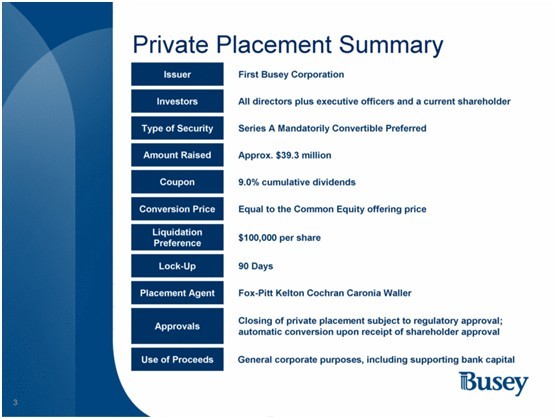Hedge Fund Vs. Private Equity
USINFO | 2013-11-15 11:21

Hedge funds and private equity are very different investment vehicles. While both of these "alternative" investment types are considered riskier than mutual funds, which invest in stocks and bonds, the types of investors, time horizon, strategy and talent for each investment type differ dramatically. Alternative investments are, however, meant to generate the best profits the markets have to offer for the risk taken.
Identification
• A hedge fund is a lightly governed investment vehicle that applies complex trading strategies and uses sophisticated securities in the markets to exceed broad market performance. Private equity buys assets and entire businesses that might be in distress and attempts to turn those companies around and sell them five to seven years later for a profit. Hedge funds borrow money from a prime broker to raise the stakes on an investment. Private equity borrows from banks to buy entire companies.
Transparency
• Hedge funds are not transparent and don't disclose a lot of information. Hedge fund Och-Ziff is an anomaly, and, according to "Reuters," its open approach to investors is the reason it has the largest U.S. public pension fund -- Calpers -- as a client. When private equity firm Apollo Global Management revealed its intentions to trade in the public markets in an initial public offering, the move was expected to increase transparency in the private equity industry, according to the Global Pensions website.
Types
• The types of investors for hedge funds and private equity differ only slightly. A hedge fund has extremely high investment minimums. It will accept wealthy individuals as clients, but it is up to the investor to accept the level of risk being used with that money. Private equity investors must be comfortable with the risk associated with buying a business. Both categories have large institutional investors, including pension funds, endowments, corporations and foundations.
Fees
• A hedge fund fee structure is two-pronged and includes one layer for the management of the fund and one for investment performance. If a hedge fund causes an investor losses, that money must be recovered before a performance fee is due. As a result, hedge funds must keep outperforming themselves to earn the maximum amount. Private equity firms charge investors an annual fee of 1 to 3 percent of the total value of assets committed to the firm.
Share this page